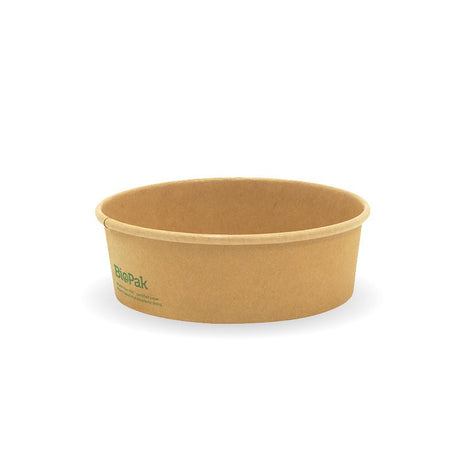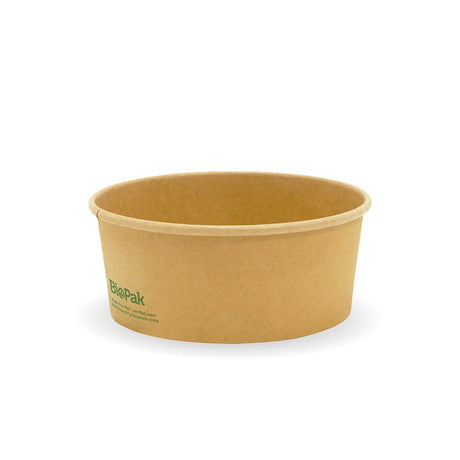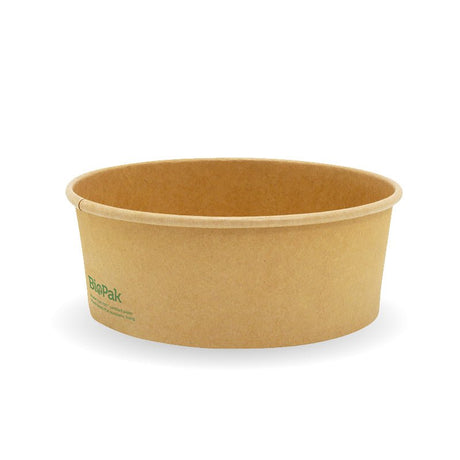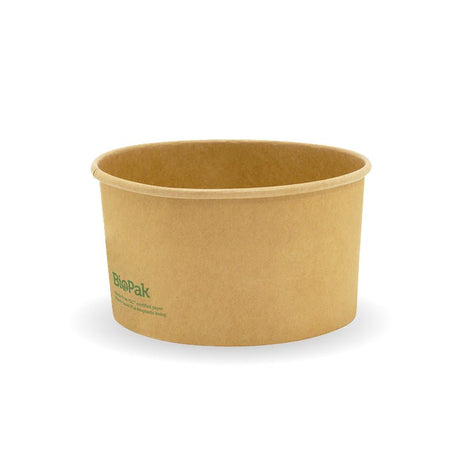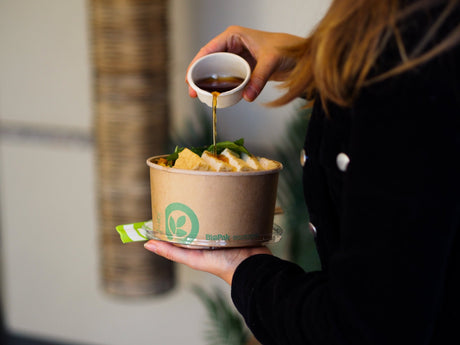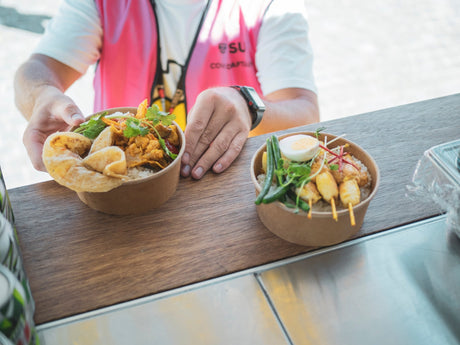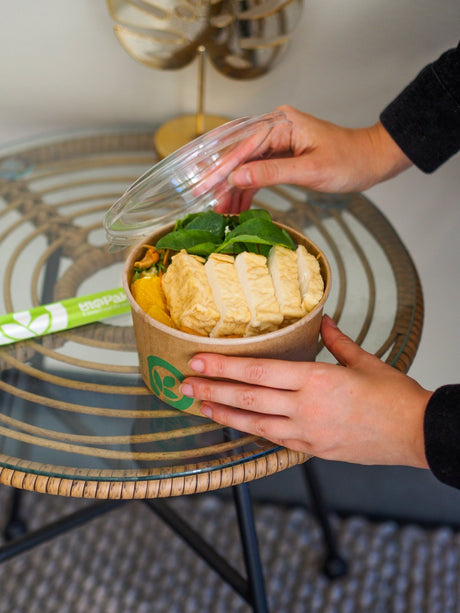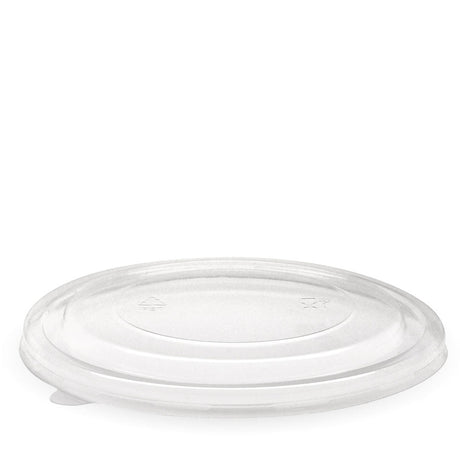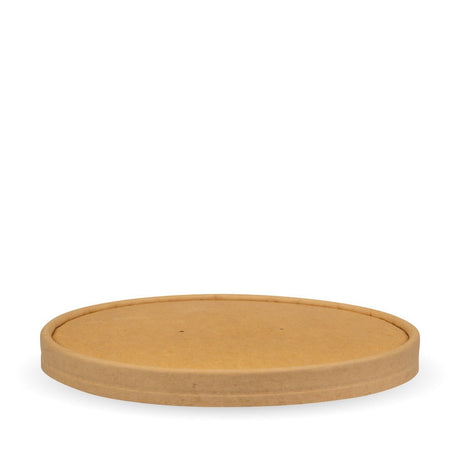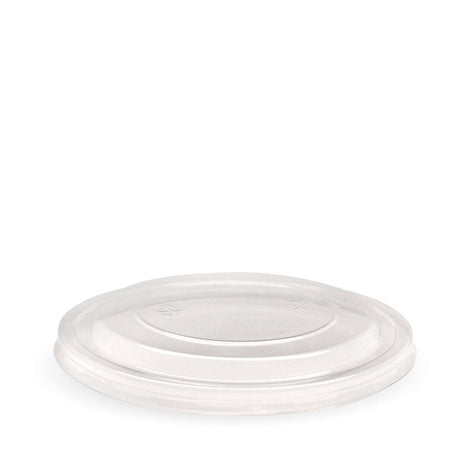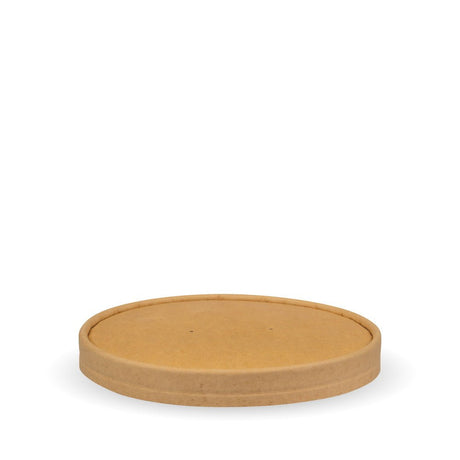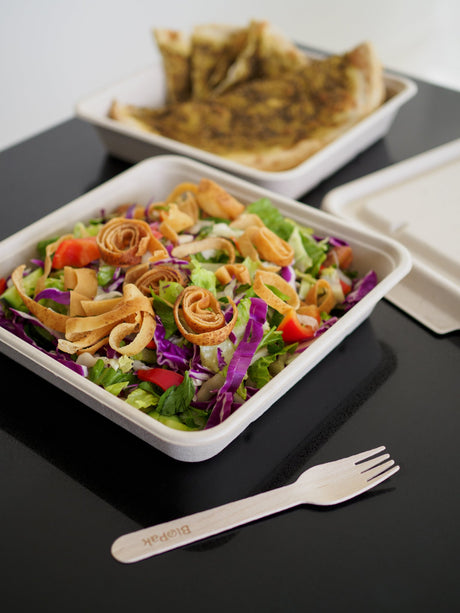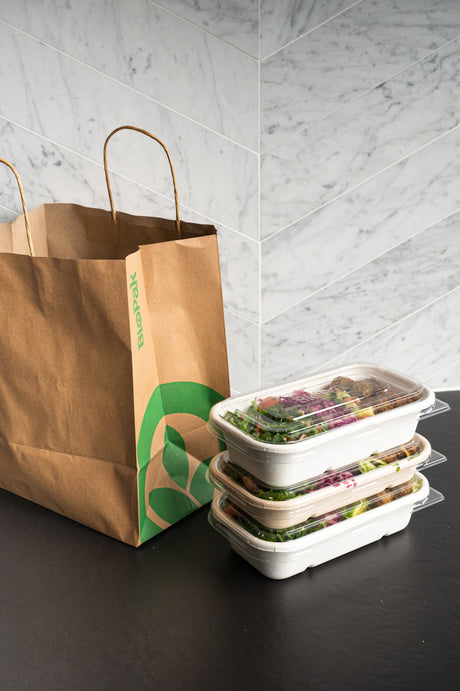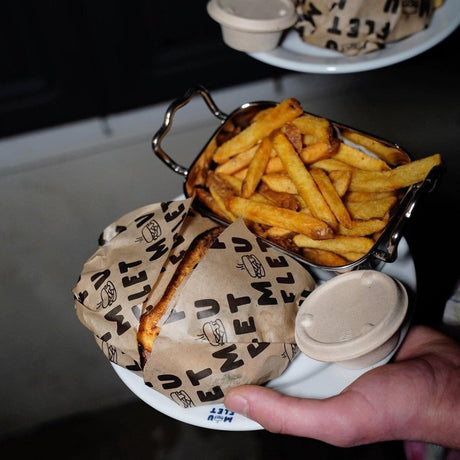-
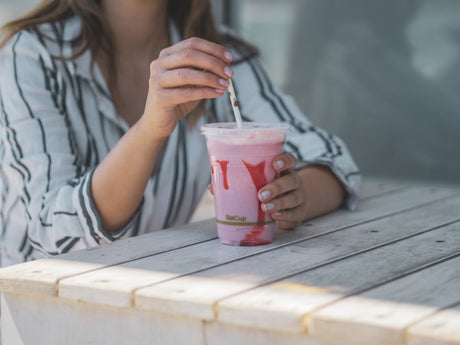 Shop Now
Shop NowCompostable Cold Cups.
Smoothies, iced coffees you name it we have the cup for it. Compostable too!
- From £28.70Unit price /Unavailable
- From £15.08Unit price /Unavailable
- CompostableFrom £32.00Unit price /Unavailable
Rectangular Kraft Container Lids
From £18.27Unit price /Unavailable- From £26.98Unit price /Unavailable
- From £27.87Unit price /Unavailable
Multiple Compartment Takeaway Containers
From £38.88Unit price /UnavailableMultiple Compartment Container Lids
From £38.03Unit price /Unavailable- From £30.69Unit price /Unavailable
- From £32.76Unit price /Unavailable
- From £37.08Unit price /Unavailable
Rectangular Takeaway Bowl Lids
From £35.72Unit price /UnavailableRectangular Takeaway Containers
From £27.95Unit price /UnavailableRectangular Takeaway Container Lids
From £27.63Unit price /Unavailable- From £22.59Unit price /Unavailable
Square Takeaway Container Lids
From £23.31Unit price /Unavailable
Frequently asked questions about our sustainable takeaway containers and lids.
Sustainability
What makes your takeaway container sustainable?
What makes your takeaway container sustainable?
Made Not To Last’s packaging is sustainable due to its use of eco-friendly materials like bagasse, PLA, FSC-certified wood, RPET, and kraft paperboard. Bagasse, a byproduct of sugarcane, is compostable. PLA, a bioplastic made from renewable resources, is compostable and has a smaller carbon footprint than traditional plastics. FSC-certified wood ensures responsible forest management, while RPET, made from recycled plastic, reduces waste and supports a circular economy. Kraft paperboard is compostable, and made from unbleached pulp, further minimising environmental impact. Together, these materials help reduce waste, lower carbon emissions, and promote a more sustainable packaging solution.
How long does it take for your compostable containers to break down?
How long does it take for your compostable containers to break down?
Bagasse products typically biodegrade within 90 days under the right conditions, such as in composting environments with adequate moisture and temperature. Unlike biodegradable plastics, which break down into smaller plastic particles over time, bagasse fully decomposes into natural organic matter without leaving harmful residues. In contrast, traditional plastics can take up to 400 years to degrade, and Styrofoam never fully decomposes, only breaking into microplastics that persist indefinitely in the environment. PLA will degrade within 180 days in industrial composting environments.
Durability
Are sustainable takeaway containers as reliable as traditional plastic containers?
Are sustainable takeaway containers as reliable as traditional plastic containers?
Yes, compostable takeaway containers like bagasse, PLA, and kraft paperboard are just as reliable as plastic in terms of performance. They offer excellent strength, durability, and insulation, ensuring food stays secure and hot. Moreover, they don’t actually cost much more to businesses compared to conventional plastic containers, especially when considering the long-term environmental benefits and growing consumer demand for sustainable options. Choosing compostable alternatives can be a cost-effective, responsible choice for both the business and the planet.



